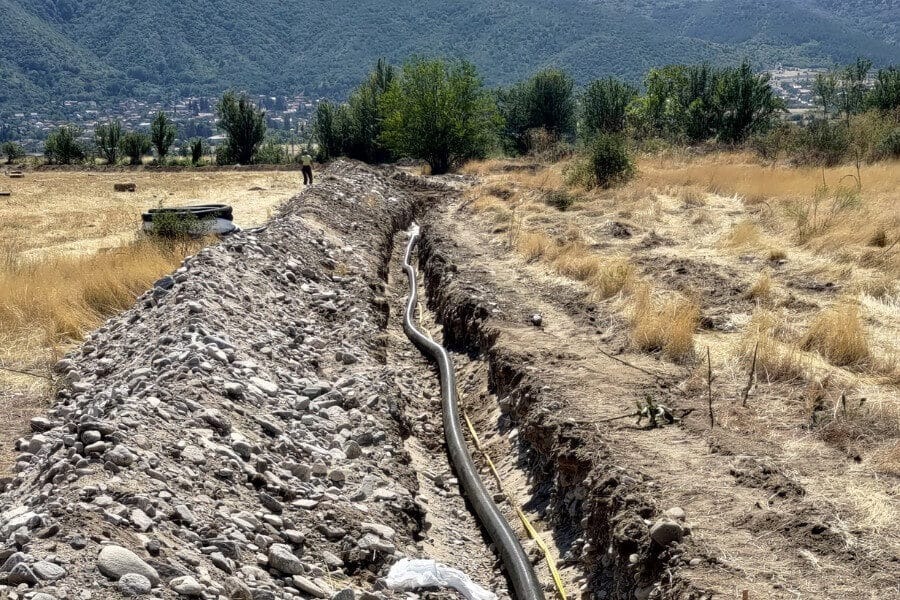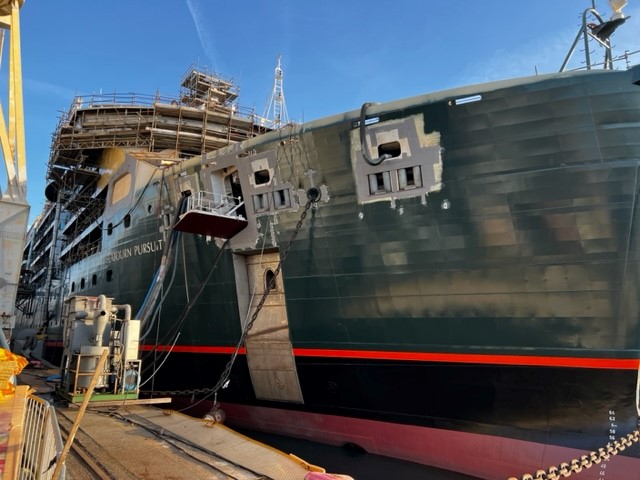Case studies
Case Studies with Polybutene Piping Systems
The PBPSA is an association of global market leaders committed to the use of PB-1 (Polybutene-1) for the manufacture of piping systems.
The case studies presented on this website describe completed projects where PB-1 systems have been selected – often for installation and use in challenging conditions. They are also representative of the confidence major architects and specifying engineers have in the long-term service benefits that PB-1 systems deliver.

Thank you! Your submission has been received!
Oops! Something went wrong while submitting the form.



















